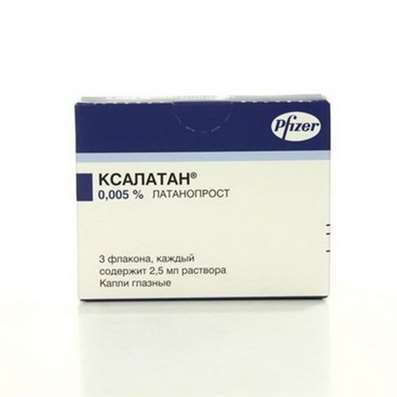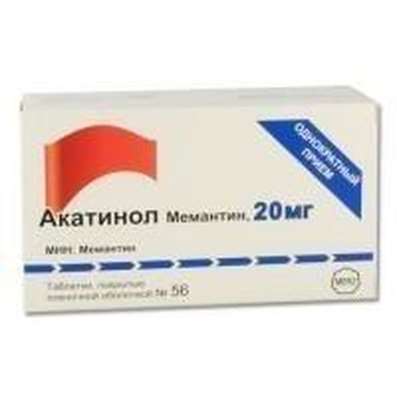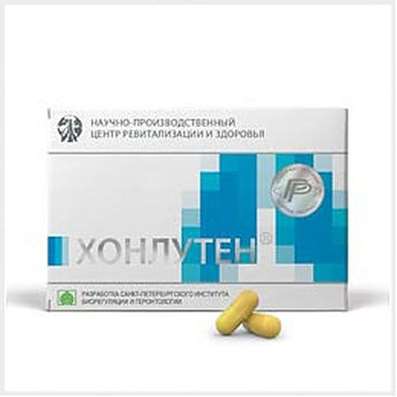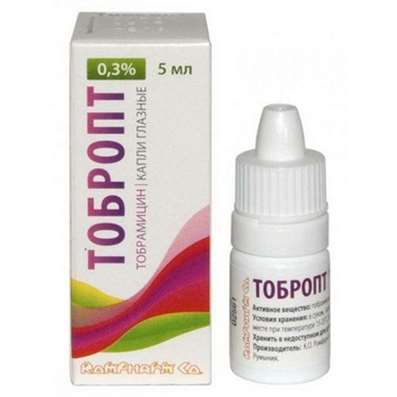Instruction for use: Selegiline
I want this, give me price
The Latin name of the substance Selegiline
Selegilinum (genus. Selegilini)
Chemical name
(R) -N, alpha-Dimethyl-N-2-propynylbenzeneethanamine (as hydrochloride)
Gross Formula
C13H17N
Pharmacological group:
Anti-Parkinsonics
The nosological classification (ICD-10)
G20 Parkinson's disease: A trembling paralysis; Idiopathic Parkinsonism; Parkinson's disease; Symptomatic Parkinsonism
G21 Secondary Parkinsonism: Medicinal Parkinsonism; Parkinsonism; Parkinsonism symptomatic; Disorders of extrapyramidal system; Parkinson's Syndrome
G22 Parkinsonism in diseases classified elsewhere
CAS Code
14611-51-9
Characteristics of substance Selegiline
Selegiline hydrochloride is a white or almost white crystalline powder, highly soluble in water, chloroform, methanol. Molecular weight 223.75.
Pharmacology
The pharmacological action is antiparkinsonian.
It irreversibly inhibits MAO. Mainly binds MAO B, oxidizing catecholamines (dopamine, norepinephrine, epinephrine, serotonin). Increases the concentration of dopamine in the central nervous system and eliminates its deficiency in the extrapyramidal system. Does not potentiate the activity of indirect adrenomimetics and serotonin.
Forms metabolites (amphetamine, methamphetamine), suppressing the re-uptake of dopamine in the synapses. In blood plasma is in protein-related form (94%). When taken orally, it is metabolized mainly in the liver, with the formation of predominantly N-desmethylselegiline (MAO inhibits) and a small amount of L-amphetamine and L-methamphetamine. The concentration of N-desmethylselegiline in blood plasma is 4 to 20 times higher than that of selegiline. T1 / 2 is variable and ranges from 2 to 10 hours. Metabolites are excreted in the urine.
Application of the substance Selegiline
Parkinson's disease, symptomatic parkinsonism.
Contraindications
Hypersensitivity, extrapyramidal disorders not associated with dopamine deficiency (essential tremor, Huntington's chorea); Pregnancy, breast-feeding.
Restrictions on the use
Peptic ulcer of the stomach and duodenum, uncontrolled arterial hypertension, severe forms of angina pectoris, psychosis, glaucoma, thyrotoxicosis, pheochromocytoma, prostatic hyperplasia (with the presence of residual urine), age to 18 years.
Application in pregnancy and lactation
The action category for fetus by FDA is C.
Side effects of the substance Selegiline
From the nervous system and sensory organs: anxiety, fatigue, dizziness, headache, drowsiness or insomnia, depression, hallucinations, confusion, speech disorders, gait, supraorbital pain, visual acuity, diplopia.
From the cardiovascular system and blood (hematopoiesis, hemostasis): arrhythmia, orthostatic reactions, increased blood pressure, swelling.
On the part of the intestine: nausea and vomiting, decreased appetite, dry mouth, indigestion, constipation or diarrhea, exacerbation of peptic ulcer, increased activity of hepatic transaminases.
Other: disorders of sexual function, urinary retention, exacerbation of bronchial asthma, dysuria, hyperhidrosis, photosensitivity, skin rash.
Interaction
Potentiates the effects of levodopa. Joint use with tricyclic antidepressants, MAO inhibitors and fluoxetine can cause toxic reactions - hyperthermia, rigidity, myoclonus, coma.
Overdose
Symptoms: it is possible to develop a "cheese" syndrome (inhibits all types of MAO) in the form of hypertensive reactions and exacerbation of IHD after ingestion of food containing tyramine (cheese, coffee, etc.), stimulation.
Treatment: induction of vomiting, gastric lavage, the use of activated charcoal; With excitation and convulsions IV the introduction of diazepam; Symptomatic therapy.
Routes of administration
Inside.
Precautions for the substance Selegiline
Caution is prescribed for renal failure, cardiovascular disease, peptic ulcer and duodenal ulcer, glaucoma, thyroid and adrenal diseases. Reduces the speed of reaction and attention, which should be reported to drivers of vehicles and working with potentially dangerous mechanisms. Consider the long-term aftereffect of the drug against MAO - up to 5-7 days with the appointment of adrenomimetics. Selegiline can be administered 5 weeks after fluoxetine is discontinued.

 Cart
Cart





